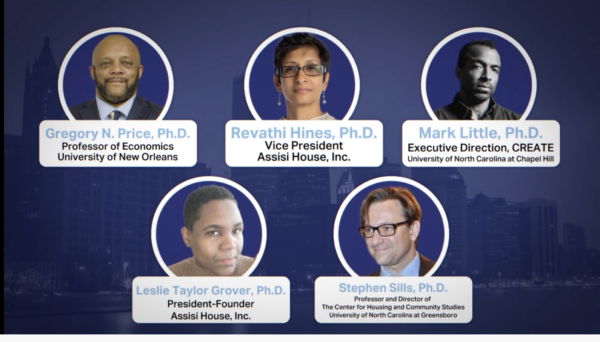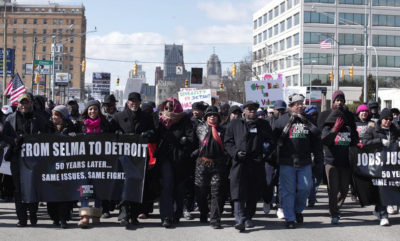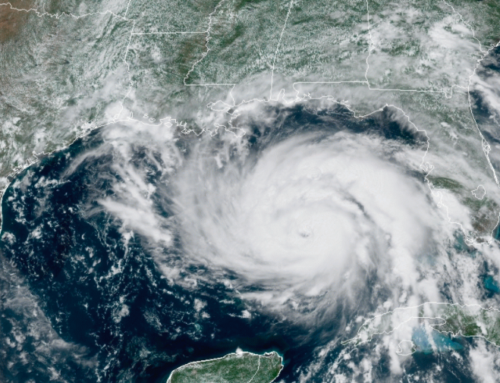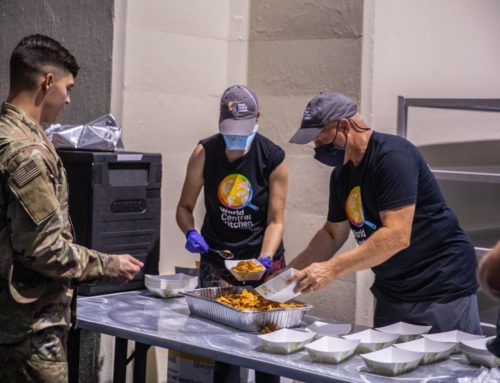We live in the greatest democracy on the planet. The recent Fourth of July holiday was an opportunity to reflect on what makes America great, such as our aspirations and values. Our founding documents speak to a union where we all come to the table of democracy as equals. But, any honest look at the state of our democracy today reflects something quite different.
While COVID-19 protocols enabled a more robust voter participation with more mail-in and early voting, dozens of states have since moved to tighten restrictions on voting. Much of this is enabled by the Supreme Court’s gutting of the Voting Rights Act in Shelby v. Holder and other recent cases. Some have called the latest wave of voter suppression laws “Jim Crow 2.0.” We are clearly seeing the greatest threat to voting rights since the Civil War. As Stacey Abrams has so eloquently pointed out before: “…This is no longer a question of partisanship. It is not a question of which party is electing their leaders. It’s a question of citizenship, who has the right to be heard in our nation.”
As a result of barriers put in place leading up to the 2020 presidential election, one-third of eligible voters, approximately 77 million Americans, did not vote in the election. Of course, well before the coronavirus outbreak and 2020 elections, the U.S. already struggled with voter participation through a tortuous system of state laws and procedures designed to suppress the vote. Prior to the COVID-19 pandemic, only Florida, Georgia and North Carolina permitted “no-excuse” absentee voting in the South. No southern states have same-day voter registration policies, with the exception of North Carolina’s limited same-day voter registration during the early voting period. And voter registration among people of color in southern states continues to be stifled by a combination of strict voter identification laws, disenfranchisement of people with felony convictions, purges of registered voters, polling location closures, and failures to provide required language assistance.
It’s vital that Congress enact baseline rules to ensure that every eligible American can vote safely, securely, and accessibly. At the federal level, we have advocated for the John Lewis Voting Rights Act and broader electoral reforms as part of the For The People Act. Without some sort of federal standard, states must do more to protect every American’s right to vote.
Without action in D.C., states across the South are having to get creative. Just this past week, a contingent of Texas legislators walked out in protest to prevent more restrictive, voter suppression legislation. While some have criticized the tactic, we must use whatever leverage we have to protect our democracy.
The guiding principle at the state and federal levels should be that our democracy is strongest when we all vote. The right to vote is the foundation of democracy. More people voting safely and legally is good for all of us.
PS: For more information on voting laws in states and a state-by-state guide to voting rights litigation, check out our partners at Democracy Docket.
Mitch Landrieu
Founder & President, E Pluribus Unum
ICYMI
E Pluribus Unum Launches First Cohort of Policy Scholars To Address Systemic Racism
We believe that the solutions to our problems as a nation will come from and by the South. If we don’t utilize the intellectual capital the bright minds of today afford the South, we risk losing it and missing opportunities to create the South as we should have in the first place.
That’s why we recently tapped southern scholars to address the issues we face in the South in our new Policy Scholars initiative that seeks to engage with researchers across the south to advance public policy by providing independent, in-depth and actionable policy recommendations that advance racial equity and address systemic racism in America.
Our inaugural cohort of Policy Scholars hails from several states across the South all with backgrounds at state institutions and HBCUs.
Through the Policy Scholars program, E Pluribus Unum hopes to help illuminate the policy obstacles lawmakers are facing while dealing with the compounded challenges of the COVID-19 pandemic. This inaugural cohort’s focus will be on actions at the state and local level.
What We’re Reading
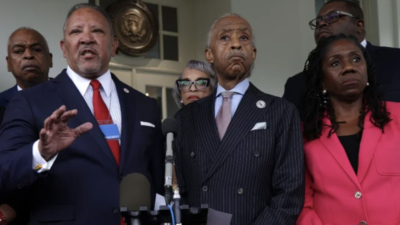
THE HILL – Civil rights leaders find meeting with WH ‘encouraging’ amidst voting rights battle
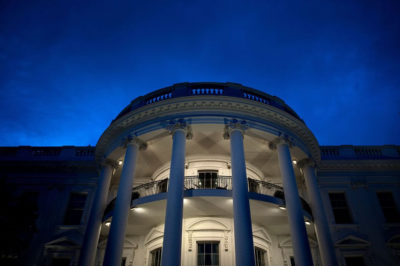
CENTER FOR AMERICAN PROGRESS – How the Biden Administration Can Advance Racial Equity
THE HILL – Who’s not voting in America?
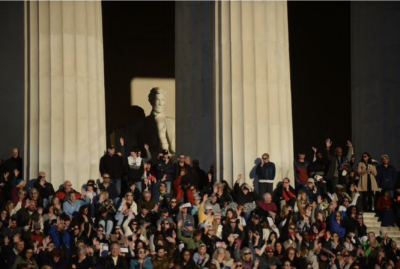
WASHINGTON POST – New study shows dramatic gap in religious diversity between the Southeast and much of the country
News Around the South
News from our 13 southern states on voting rights, critical race theory, confederate monuments, and COVID-19 vaccination rates
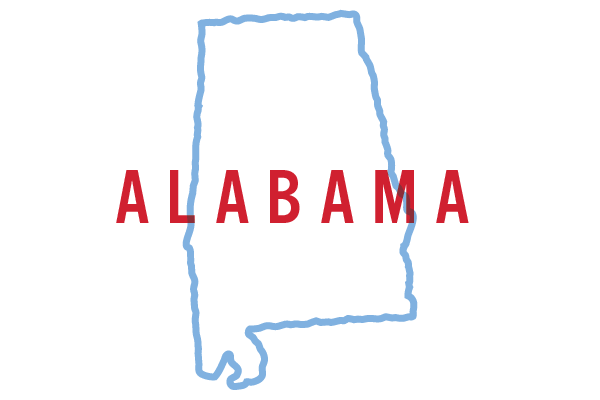
WBHM – As Other States Drew Fire For Passing Restrictive Election Laws, Alabama Skirted The Limelight

AMERICAN DEMOCRAT-GAZETTE – Arkansas election suit gets 5 residents to join

TALLAHASSEE REPORTS – SCOTUS Ruling Favors Florida’s Election Reforms
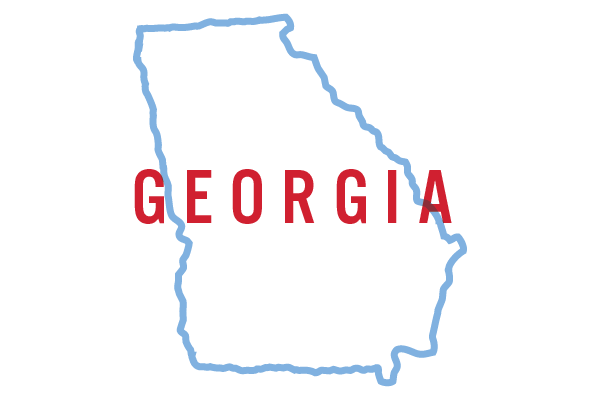
AXIOS – RNC and NRSC to intervene in DOJ lawsuit against Georgia voting restrictions

COURIER JOURNAL – Kentucky Secretary of State Michael Adams to Congress: Don’t ‘micromanage’ state elections
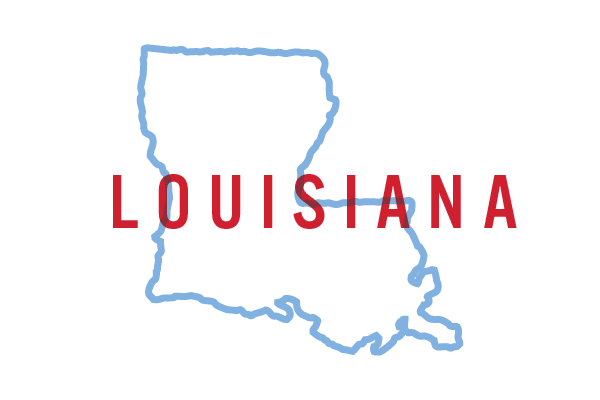
LOUISIANA ILLUMINATOR – Louisiana Gov. John Bel Edwards vetoes bills related to vaccines, emergency powers and elections
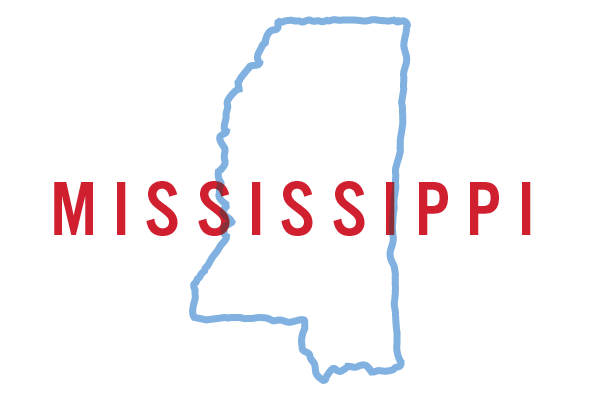
CLARION LEDGER – Federal appeals court to review Jim Crow-era felony voting ban in Mississippi
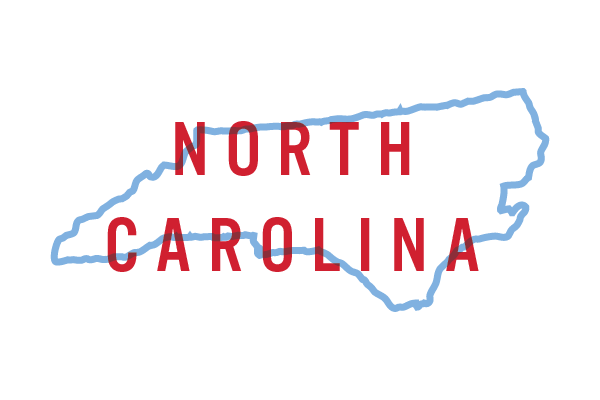
THE CHRONICLE – ‘Obstacles in voters’ way’: Three state bills could drastically change North Carolina’s election laws
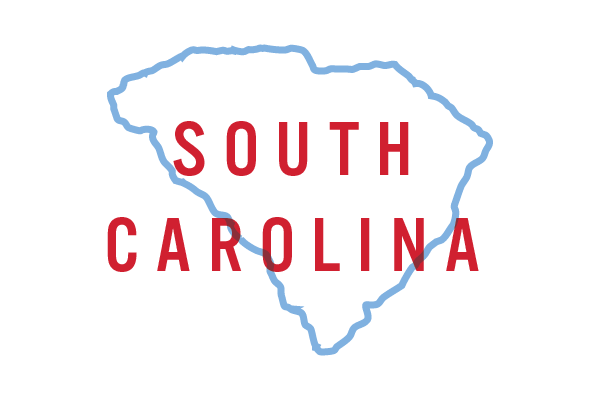
NEWS ONE – Rep. Jim Clyburn Wants Voting Rights Protected. Filibuster Be Damned.
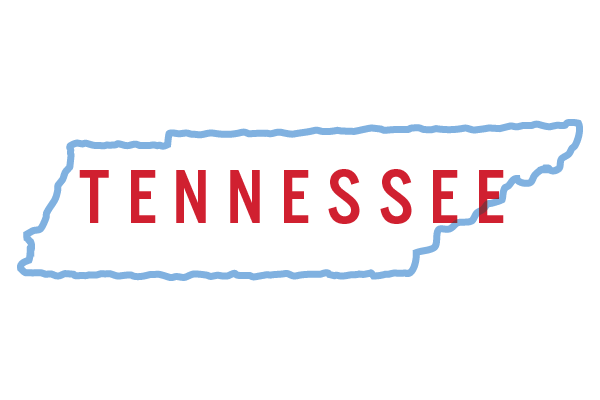
TENNESSEEAN – First-time Tennessee voters must vote in person again, appeals court rules

TEXAS TRIBUNE – Texas House attempting to reset on contentious elections bill with new author, new committee in special session

NBC29 – Northam signs legislation to increase voter access
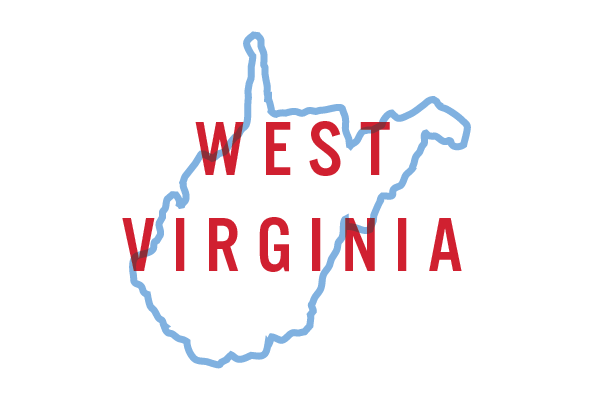
THE WEIRTON DAILY TIMES – West Virginia lawmakers prepare for redistricting debate

